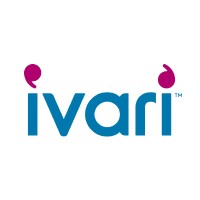Critical illness insurance is one of the most important coverages that you should own today. This form of insurance provides a lump-sum, tax-free benefit payment anywhere from $25,000 and up, should you become seriously ill or get diagnosed with a critical illness such as cancer, heart-attack, and stroke.
- Works as income replacement and can reimburse the income loss during an ailment
- Gives you peace of mind and allows you to focus on treatment instead of stressing about providing the bread and butter for your family Tax-free insurance policy
Some critical illness options have a return of premium option available. With this option, if you don’t claim your coverage, you are eligible to get 100% of your premium back.
There are various options in the marketplace available today, but not all coverages are the same. Let a ROYAL SHIELD GROUP agent put together a quote and show you the differences in the products available.



Request a call back